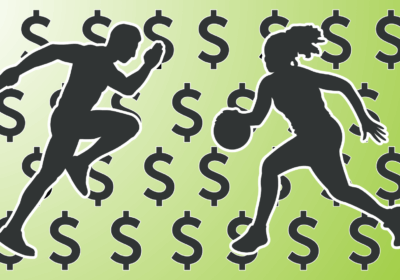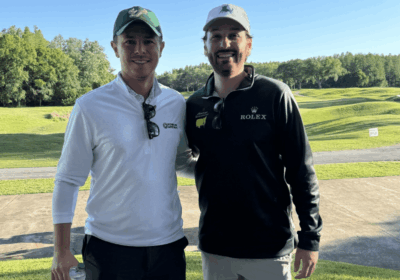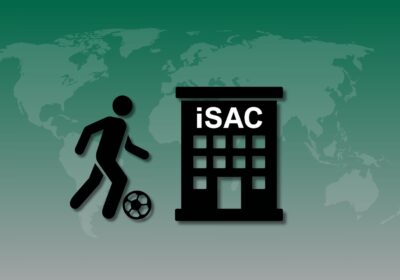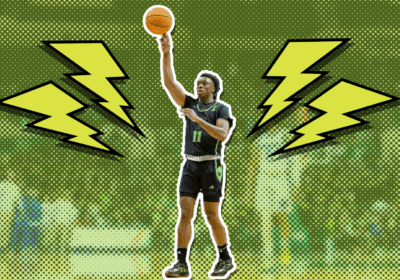Commentary: The HBCU movement is here
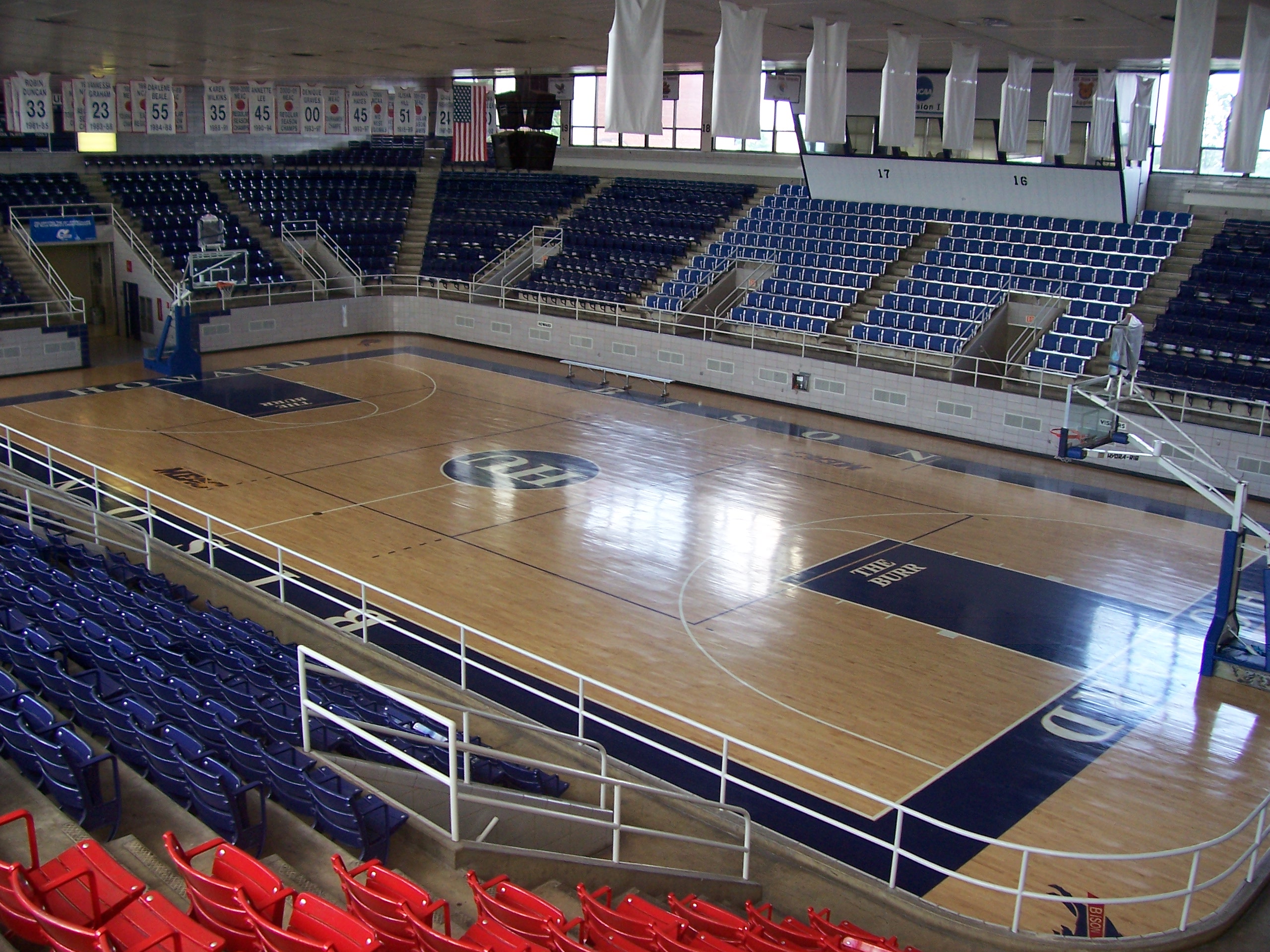
It was just over a month ago that Mikey Williams, a five-star high school basketball recruit from San Diego, announced that he was considering extending his playing career at a historically Black college or university (HBCU).
In the days and weeks following the announcement, there were discussions about the prospect of the best Black athletes in the country committing to play their respective sports at HBCUs and what impact their decision could have on intercollegiate athletics.
Speculation became a reality just last week.
Howard secured the commitment of five-star basketball recruit Makur Maker on July 3. Maker chose the Bison over traditional powerhouses such as Kentucky, Memphis and UCLA.
“I need to make the HBCU movement real so that others will follow. I hope I inspire guys like Mikey Williams to join me on this journey,” Maker tweeted. “I am committing to Howard U & coach Kenny Blakeney.”
I was the 1st to announce my visit to Howard & other started to dream “what if”. I need to make the HBCU movement real so that others will follow. I hope I inspire guys like Mikey Williams to join me on this journey. I am committing to Howard U & coach Kenny Blakeney #MakerMob
— MK (@MakurMaker) July 3, 2020
The 6-foot-5 center is the No. 16 overall prospect in the class of 2020 and the No. 1 prospect in the state of Arizona. He is the highest-rated recruit to commit to an HBCU since ESPN established its recruiting database in 2007.
Howard coach Kenny Blakeney, who spoke with ESPN before Maker committed, understands how important it is to have success when having a five-star recruit on their roster, not only for his program but for other HBCUs as well.
“Wherever a five-star lands, we can’t mess it up,” Blakeney said. “If we mess it up, we may not have another opportunity to be able to do it.”
What makes this specific commitment impactful is not only the fact that Maker picked Howard over “blue bloods” — traditionally elite basketball schools — but he also preferred attending Howard over the possibility of going pro.
Maker entered the NBA draft but is likely to remove his name if he is not projected to be selected in the first round. He was also linked to joining the G-League’s one-year program but he was reportedly uninterested in that route, according to ESPN.
But the trend doesn’t end with Maker, as there have been other recruits and players that have decided to continue their collegiate and athletic career at an HBCU instead of at a predominantly white institution (PWI).
Nate Tabor, rated as a four-star recruit in the 2020 recruiting cycle by ESPN, signed with Norfolk State on June 11 after once being committed to St. John’s.
He ended up picking the Spartans over offers from Auburn, LSU and Texas Tech.
Tabor in his junior year of high school averaged 18.5 points, 6.9 rebounds and 3.5 assists.
“Today is a good day for Spartan basketball,” said Norfolk State coach Robert Jones in a statement. “As the talk of a culture shift in collegiate sports has become relevant recently, Nate Tabor has decided to start that shift. It is not every day we or other HBCUs get a top 100 player.”
Sharone Wright Jr. has also become a part of that shift. After playing the last two seasons with Wake Forest, Wright decided to transfer to Morgan State. He joins a recruiting class that already includes four-star point guard and former Florida State commit Naseem Khaalid.
Wright was rated as a three-star prospect in high school, and although he’s not as highly touted as Tabor and Maker, the anticipation for his arrival at Morgan State has not been diminished.
“He’s a big-time two-way player,” Morgan State coach Kevin Broadus said. “He can do it all. He’s very athletic … He can get you 20 points and he can stop the best player on the other team.”
The commitment of these players and recruits has created a widespread buzz that is being felt not only in the HBCU community but in the whole sports community as well.
This excitement is rooted in the fact that these athletes have now become the pioneers of a movement that has so long been discussed but lacked the action to bring it to fruition.
On ESPN’s morning show “Get Up,” pundit Stephen A. Smith, an HBCU alum himself, summed up that excitement when speaking about Maker’s commitment to Howard.
“It’s an incredible thing that Maker has elected to do,” Smith said. “Howard benefits tremendously because of it, but all of HBCUs benefit because of this. This is a beautiful, beautiful thing that just happened.”
The move by a player of Maker’s stature and talent may be unprecedented, but it is one that has brought the HBCU movement to life and that can one day become the standard.



